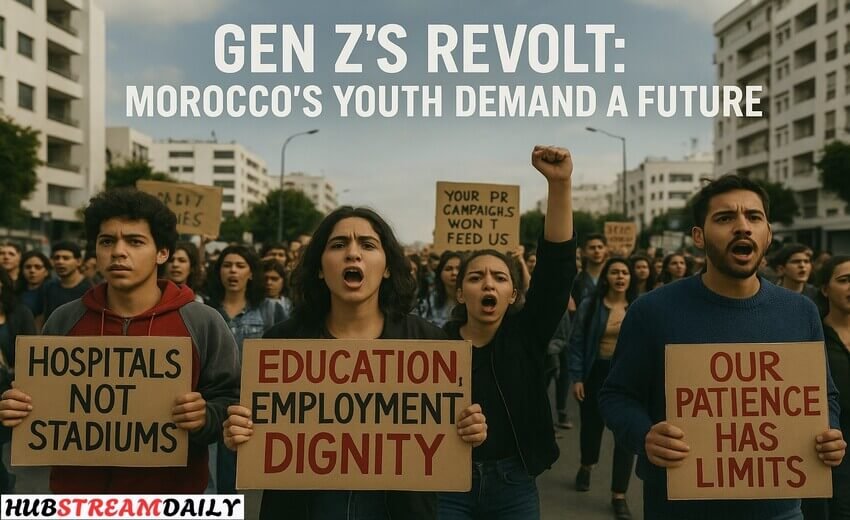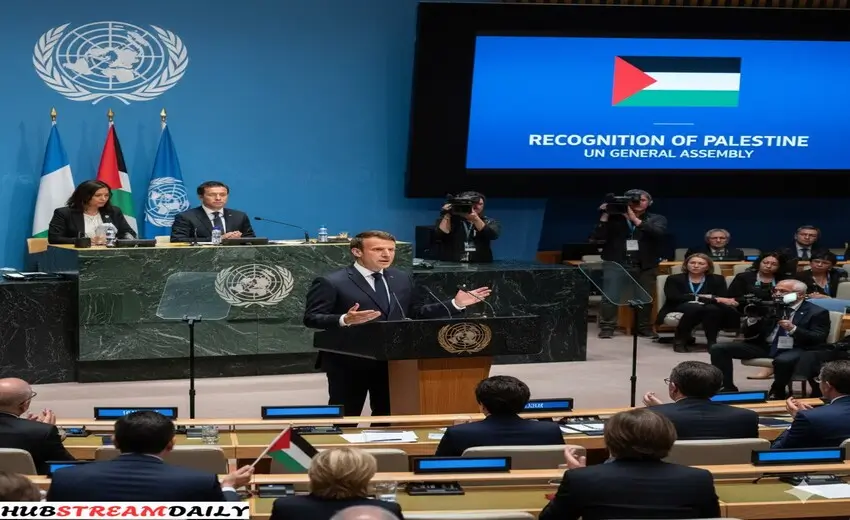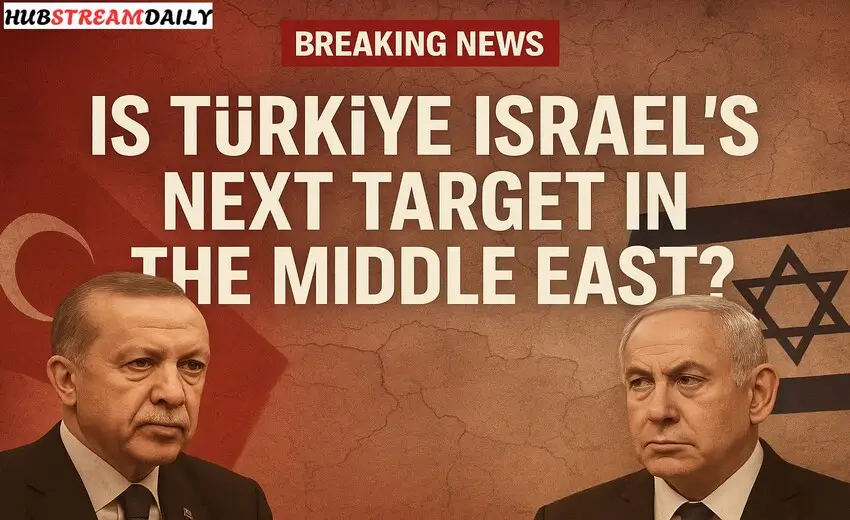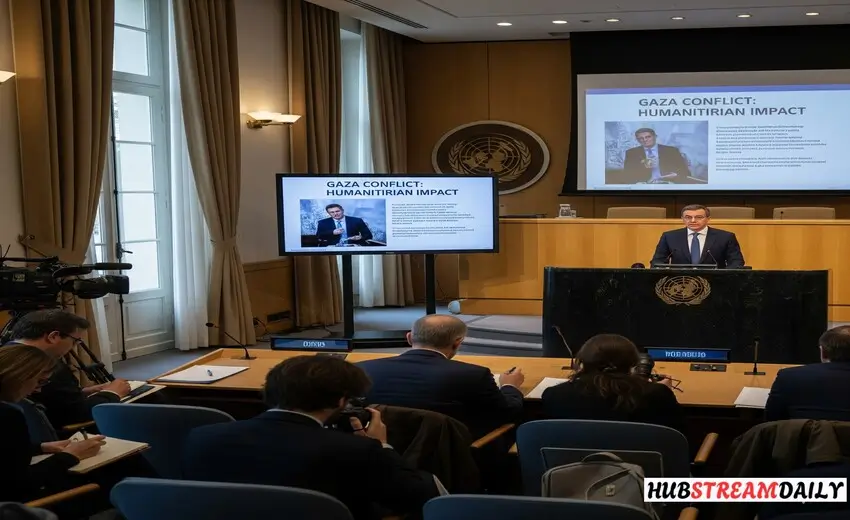
To the untrained eye, the Mediterranean Sea sparkles in a deep blue hue. Under the surface, however, lies one of the most pressing humanitarian and political dilemmas of the moment. Fraying boats overcrowded with migrants continue to depart from shore in Libya attempting to reach Europe. Greece now finds itself at the intersection of the migration storm. What began as a conversation about border security and humanitarian response has become a political issue and led Greece further along a rightward political trajectory.
This political paradigm not only alters Greece’s internal politics, but influences Europe’s response to migration. The collision between humanitarian responsibility and national security has reached a bifurcation — the stakes keep rising.
The Route from Libya: A Risky Journey
For many years, Libya has been the departure location of choice for migrants and refugees fleeing conflict, poverty, and instability in Africa and the wider Middle East. The deadly journey across the Mediterranean has killed thousands of people, but the boats keep coming.
Many do not even directly deal with the smugglers, but pay huge sums of money to people that control a seat on an overcrowded dingy or fishing boat. In most cases their destination is Italy, but changing routes and tightening up the control in one country sends the flow somewhere else. Increasingly that place is Greece.
With its long coastline and proximity to North Africa Greece doesn’t have too much room for error. Every boat that arrives is a humanitarian issue and a potential political flashpoint.
Greece’s Political Drift: Security vs Solidarity
Greece, once lauded for its kindness when islanders welcomed thousands of refugees fleeing war in 2015, is starting to shift its political narrative.
A long way away from that event; the government of Athens is now focused on security, border enforcement, and deterrence and fully moving away from any sense of humanitarian vulnerability. The conservative New Democracy party of Prime Minister Kyriakos Mitsotakis is now intensively focused on masked militarized border enforcement, aggressive deportations, and a reinvigorated regime of cooperation with the EU’s border enforcement agency Frontex.
Some detractors remind Greece of its extended history of hospitality as well as their commitment to International law regarding asylum. Its supporters insist that the government is focused on protecting the nation’s sovereignty from uncontrolled movements and addressing social stability and safety.
The Numbers Behind The Politics
The numbers paint a clear picture. The most recent EU statistics indicate that arrivals from Libya who were on the move prior to the pandemic have started to rebound after a dip during the pandemic. Thousands of migrants, chiefly from Sudan, Eritrea, Afghanistan and Syria, put their lives on the line using the waterway route each month.
On the islands of Greece, overcrowded reception centers are once again filling fast. Lesbos, Chios and Samos, the names which became synonymous with Europe’s migration crisis a decade ago, are featured in media headlines once again. The pressure on local communities has rekindled resentment and provides new traction to right-wing voices.
The rise of anti-migrant rhetoric in Greek political discourse has been swift. Fringe parties have gained ground by capitalizing on public hesitancies about employment, security and cultural identity.
Europe’s Dilemma: Solidarity versus Sovereignty
The Greek shift is happening in a vacuum. All over Europe, migration is one of the most contentious issues. From Italy to Hungary, from France to Germany, governments are grappling with the same dilemma: trying to satisfy their humanitarian obligations while avoiding domestic political backlash.
For Greece, the challenge is complicated by geography and the islands that often serve as the first stop for people fleeing conflict. Athens has long argued that it cannot shoulder this burden alone and has lobbied in favor of a fairer system of migrant relocation among EU member states.
However, EU solidarity is decidedly mixed. Some member states are in favor of Greece’s calls, while others – mainly in Eastern Europe – outright refuse to accept mandatory quotas. The result is a patchwork of measures that leave frontline states like Greece in a difficult position.
Real Lives Behind the Political Debate
There are real stories and human beings behind the political engagement. Take Amina, a 27-year-old Sudanese mother, who fled her country, along with her two kids, to escape violence. Her journey from Libya to Greece involved meeting dangerous smugglers who demanded bribes, being on a boat that nearly capsized, and going hungry. It was clear by the expression on her face that Amina felt relieved to finally be in Lesbos, but also concerned about what would happen next. Would she be given asylum, or will she be deported back to danger?
These stories show the pressure of the crisis; while Greece may provide harder borders, for many fleeing violence or hungers, Greece still represents, in many ways, a place of hope.
The Implications of International Law
Human rights advocates and international bodies have decried the Greek government’s nationalist swing. There are very concerning allegations of pushbacks, the illegal act of intercepting migrant vessels and forcibly returning them to the open sea.
If these pushbacks do take place, it would constitute a breach of the 1951 Refugee Convention, which grants the right to make an asylum claim in a country. While Athens denies any systematic pushbacks by security agencies, human rights organizations have provided evidence of pushbacks and other actions inconsistent with international law.
Greece is in an ethically and legally risky position. It has an obligation under its own laws to protect its borders, but it also has international obligations as a signatory to a number of treaties. This situation must be further complicated at a domestic level with the political pressure the government faces under a right-wing nationalism.
A Defining Moment for Greece
The migration crisis has changed Greece’s identity. What was once seen as a country expressing compassion during the darkest days of migration in Europe, it now feels more a nation of gatekeeping, pressed with the responsibility to stop a flow.
Internally, this transition has united domestic conservatives, dismissed leftists and emboldened the far-right. And externally, it has defined Greece’s role within a bigger debate in Europe, whether Europe is to be a fortress, or remains a safe haven.
Whatever the future holds, the answers will matter to migrants, and to what Europe justifies as its values.
The Road Ahead
Looking forward will yield possible, multiple scenarios.
Stronger EU Burden-Sharing: Greece might be able to convince Brussels to offer more meaningful relocation policies on migrants.
Fortress Europe Fortified: Greece and several other right-leaning governments might force the EU be even more restrictive on border controls.
Humanitarian Backlash: If the suffering of migrants received the coverage and attention given to other humanitarian needs in the past – sustained public protest might repark empathy for the treatment of migrants and calls for reform.
For now, the winds are decidedly blowing right. Greece’s shift in priorities from boats arriving from Libya not only alters domestic politics but the fate of Europe as well.
Conclusion: Between Waves and Walls
As the boats carrying migrants depart Libyan shores, the Mediterranean carries more than just human lives – it carries the conscience of Europe. Greece – once the cornerstone of solidarity is now sailing toward a more hardened focus on walling off people instead of welcoming them.
The question remains if this sailing course is a necessary effort to defend borders or the drifting away from European humanitarian values. What is known is that every boat that leaves Libyan shores is tasked with signaling to not only identify unsafe waters but also the moral standing of Europe.





